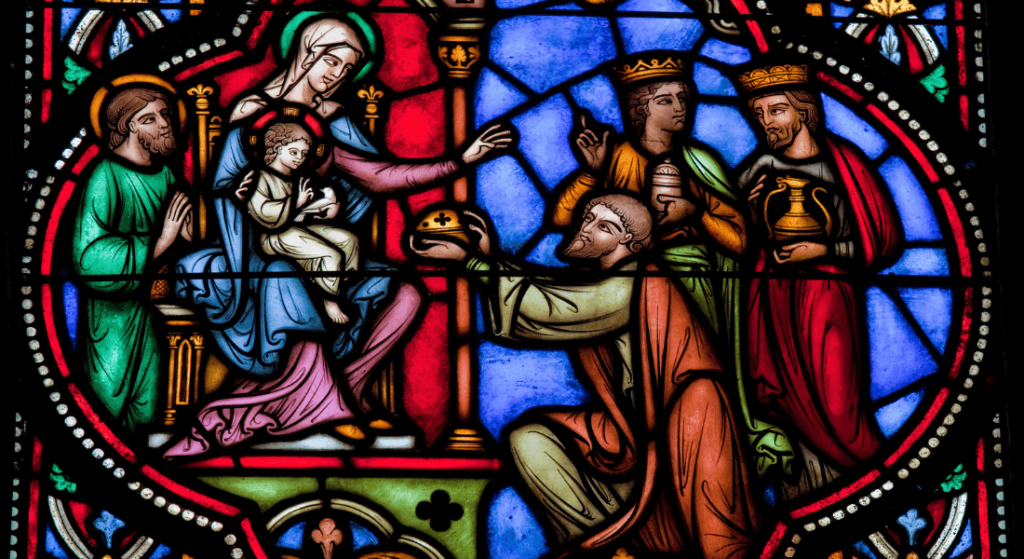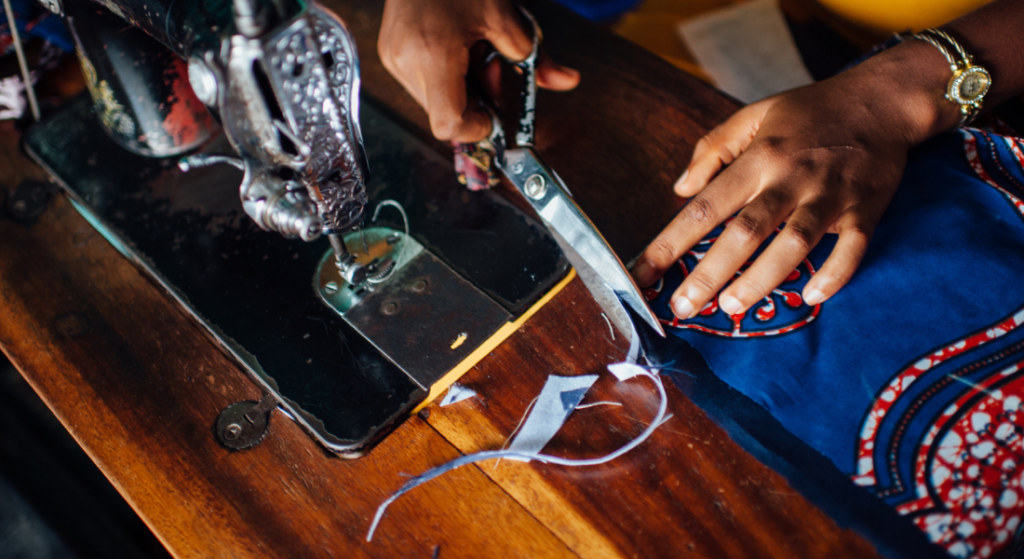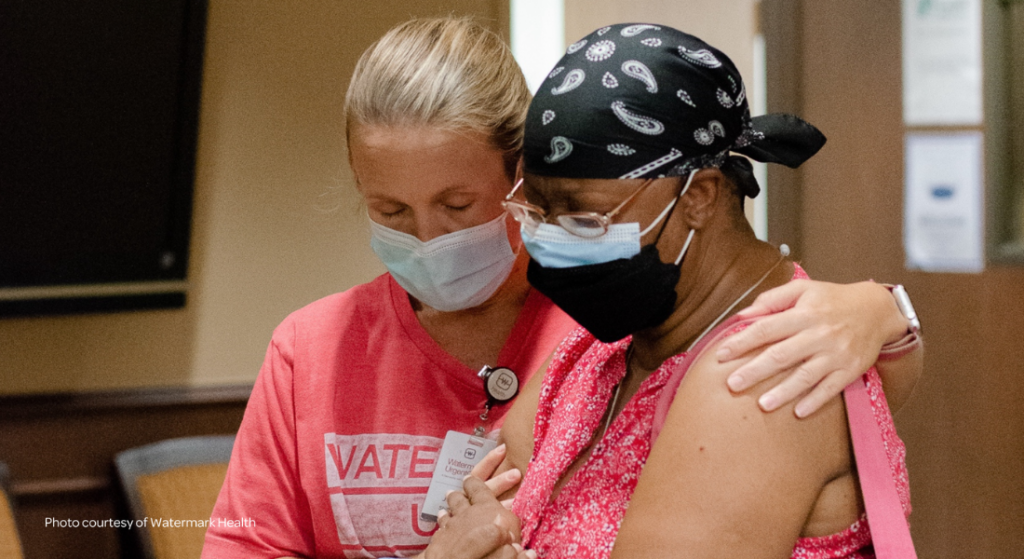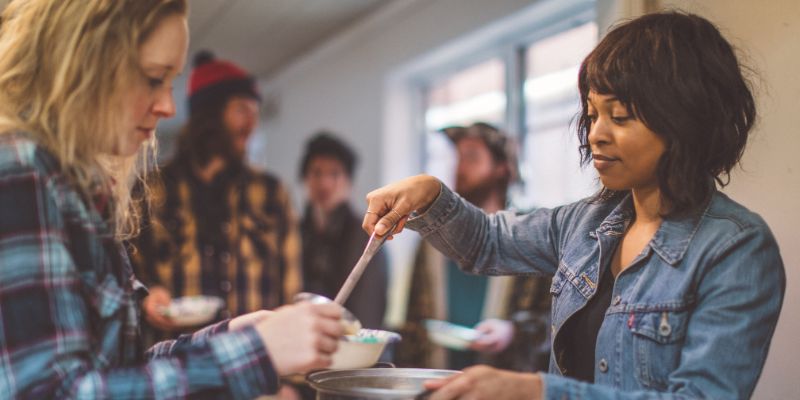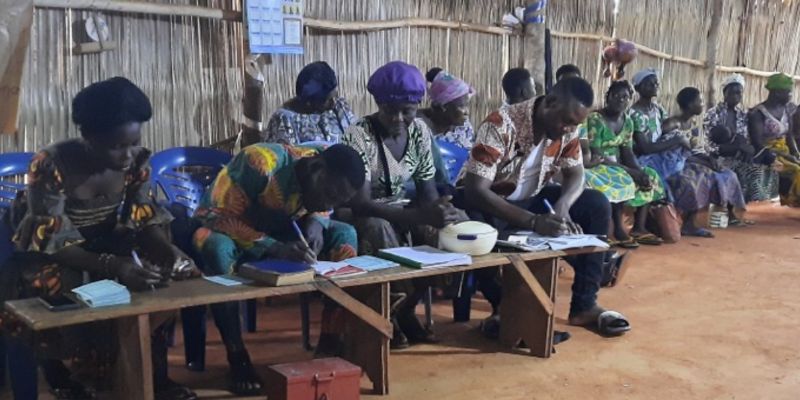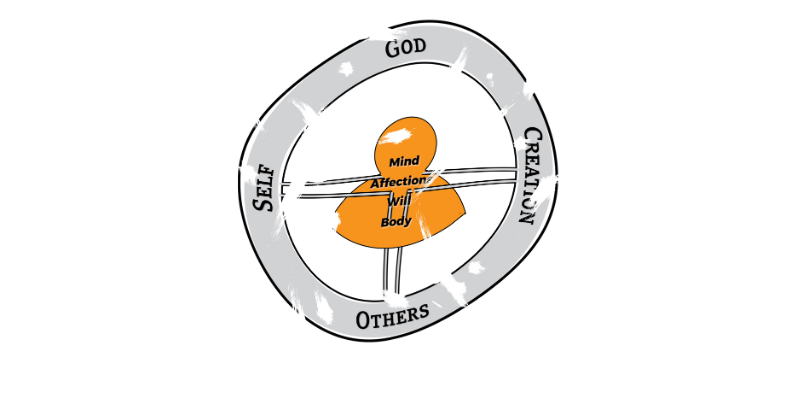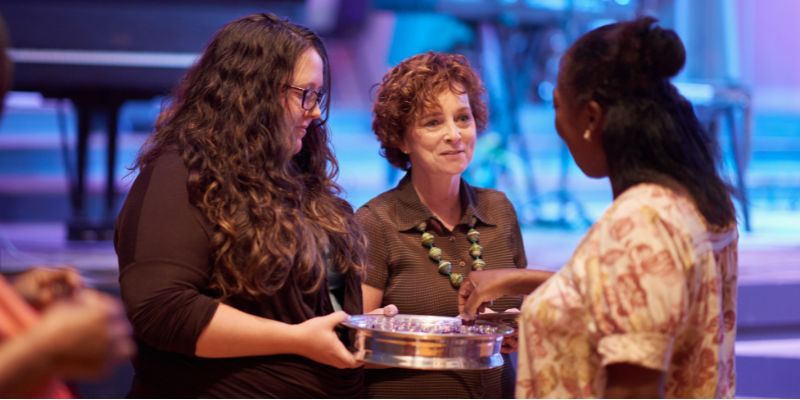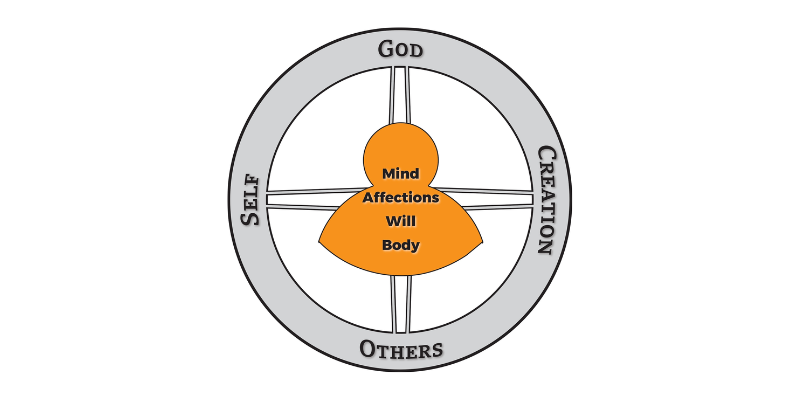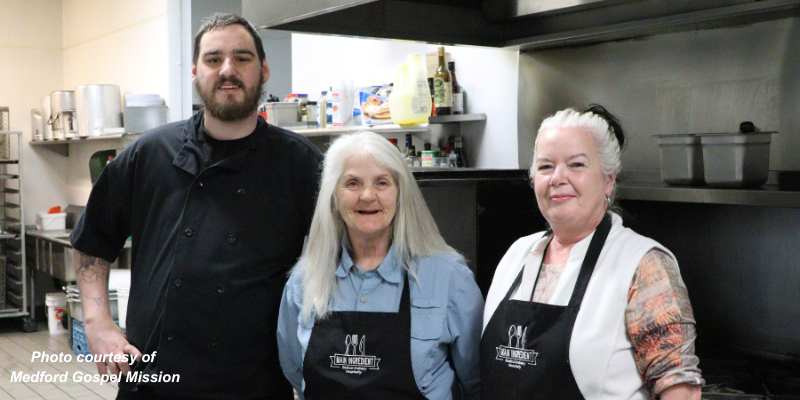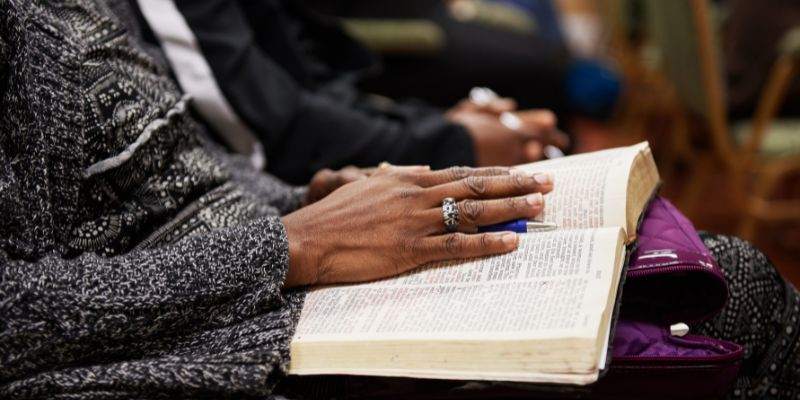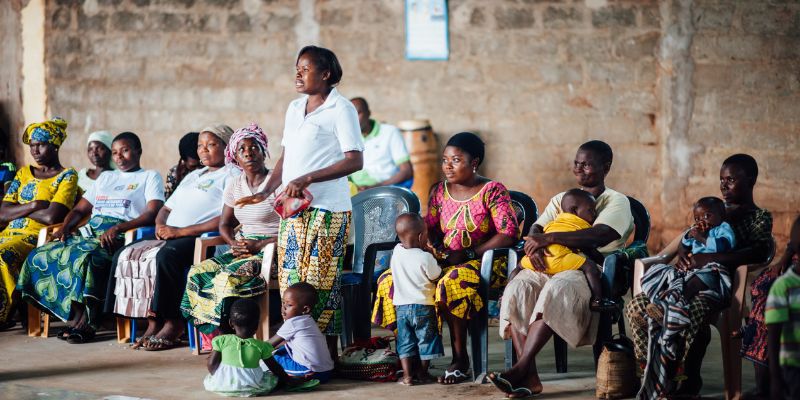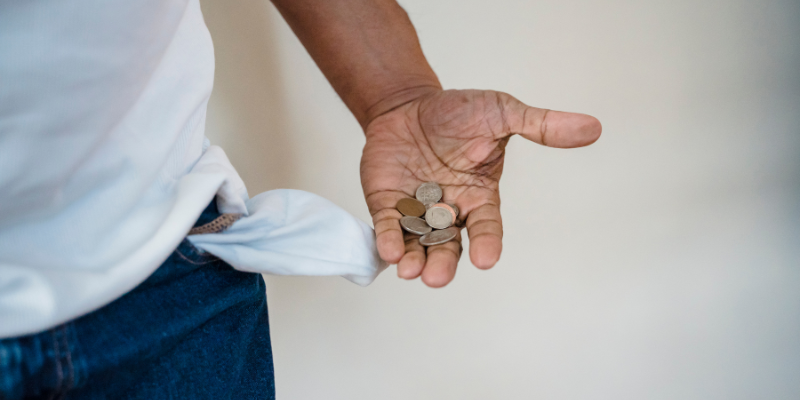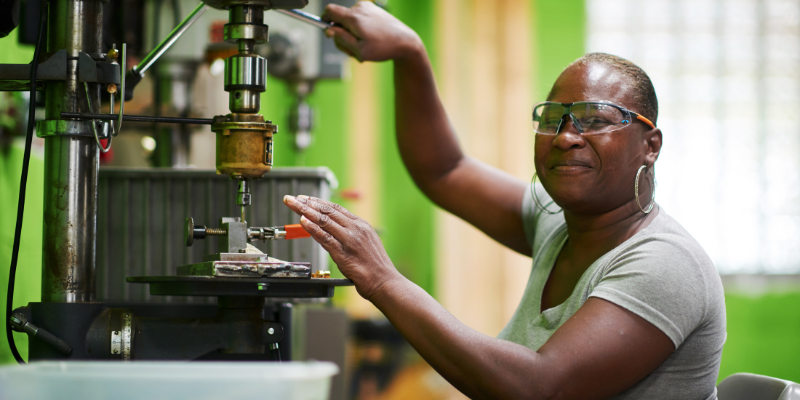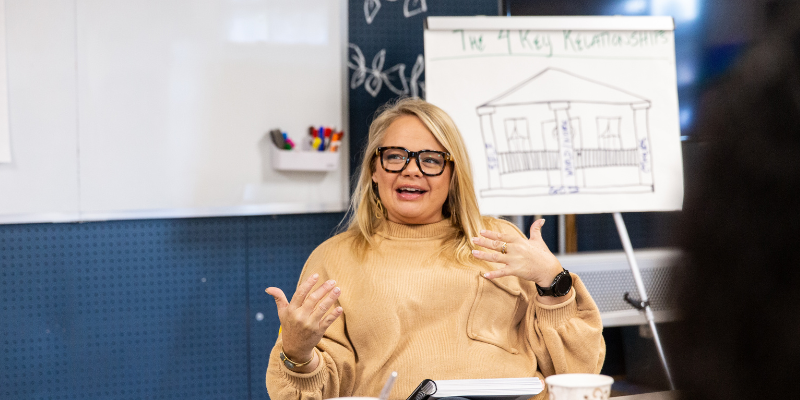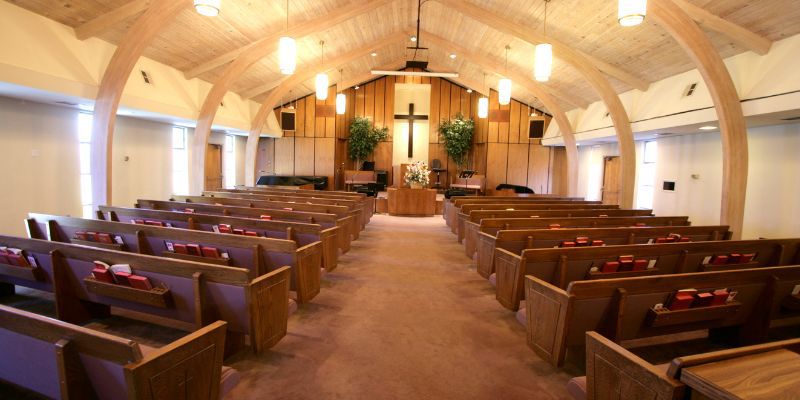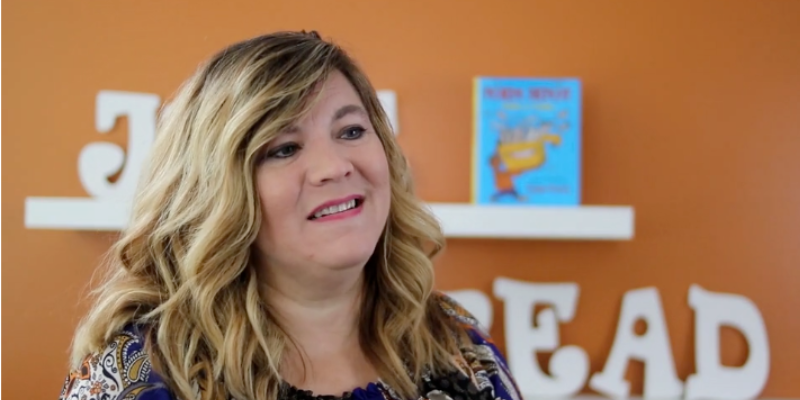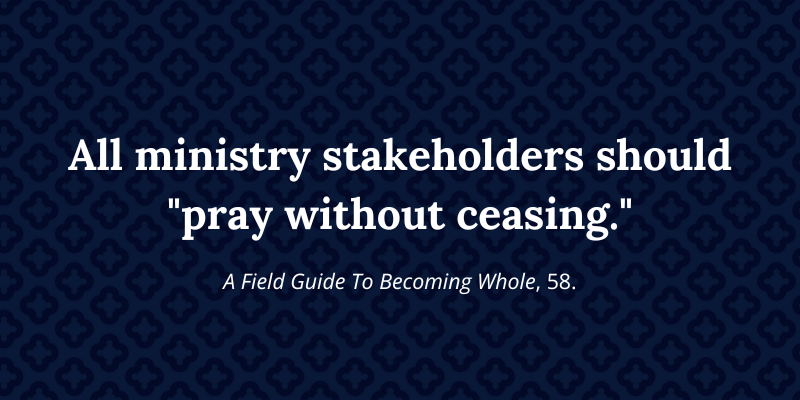Search
Categories
Tags
Epiphany and Poverty Alleviation
Epiphany also reminds us that our gifts (assets, skills, experiences, and callings) are rightly offered up as worship to the King of Kings. All the ministry efforts we undertake will fall flat if we seek to serve others for our own sake. We can truly love our neighbors as ourselves when we connect our love and service for others with our worship of the God who created us both and who sustains us all.
Four Lives Transformed through One Savings Group’s Generosity
In many Ghanaian communities, families living in material poverty find themselves forced to send their children to the city to work menial jobs to make ends meet.
Helping without Hurting in Holiday Giving: Moving Beyond Handouts
As the holidays approach, many churches and nonprofits undertake large-scale food and resource drives, attempting to tap into the spirit of abundance and generosity that characterizes Thanksgiving and Christmas celebrations in North America.
Tearfund and Chalmers Partner to Ignite Transformation in Burkina Faso
Tearfund first partnered with Chalmers in Burkina Faso in 2018, and since then our partnership has expanded to Côte d’Ivoire and Chad, reaching over 18,500 people.
Understanding Poverty: A Brokenness That Affects Us All
Have you ever stopped to ponder the question, “What does it mean to be poor?” If poverty is rooted in the brokenness of the four key relationships, then the answer becomes clear: we are all affected by poverty. Because of the comprehensive nature of the fall, every human being experiences a form of poverty, a lack of fulfillment in the four key relationships—with God, ourselves, others, and creation. We’re unable to be what we were created to be and miss out on the joy that God intended for these connections. We’re like “square pegs in a round hole,” not quite fitting because we were shaped for something else.
Implications of the Four Key Relationships
In a previous post, we explored the significance of the four key relationships human beings are created to enjoy—with God, self, others, and creation. These relationships shed light on the complexity of human beings and help us unlock pathways toward effective poverty alleviation.
A Biblical Framework for Poverty: The Four Key Relationships
Bryant Myers, a leading Christian development thinker, argues in Walking with the Poor: Principles and Practices of Transformational Development that in order to effectively address material poverty, we need to consider the fundamental nature of reality, starting with our triune God as the Creator of that reality. God, eternally existing as three-in-one, is inherently relational, and as beings made in His image, we too are inherently relational.
Restored Ministries Restore People: The Story of Medford Gospel Mission
Fourteen years ago, when Jason Bull accepted a position as an Associate Director of Medford Gospel Mission, he realized he needed to learn how to faithfully operate a nonprofit ministry. He remembers, “I didn’t know anything about nonprofit management or working with a board of directors. I had to educate myself!” He began reading various books to sharpen his ability to lead the organization and to faithfully serve the homeless community of Medford, Oregon.
Doing Benevolence Ministry in Your Unique Context
In our Helping without Hurting in Benevolence Ministry training, we share principles and tools to help you build a ministry that leads to real change. But there isn’t a one-size-fits-all solution for every church. In order to create a benevolence program that works for your specific church context, you may need to make adjustments to fit your church’s specific capacity.
Helping End the Orphanage Era
“30,000 Haitian kids live in private orphanages. Officials want to shutter them and reunite families.” This was the headline of an Associated Press article published this summer in over 600 media outlets around the U.S.. It shares how Haiti’s orphanages and children’s homes have long served as a band-aid to more complex problems, such as extreme poverty and lack of access to quality education.
Investing in Change: Helping that Helps
Poverty is a complex issue affecting billions of people around the world. In 2023, the World Bank estimated 3.6 billion people worldwide were living on less than $6.85 per day and over 650 million were living in extreme poverty on less than $2.15 per day 1 If God’s people want to follow the heart of our gracious and compassionate God and take seriously His commands to care for those in poverty (Ex. 23:6, 11; Lev. 19:10, 23:10, 25:35-39; Deut. 15:4-7; Gal. 2:10; James 2:1-7; etc.), we should not let staggering numbers like this pass us by.
Why Poverty Is More than a Lack of Material Resources
Adapted from When Helping Hurts: How to Alleviate Poverty Without Hurting the Poor…and Ourselves.
Defining poverty is not simply an academic exercise. The ways we define poverty—either implicitly or explicitly—play a major role in determining the solutions we use in our attempts to alleviate that poverty.
Work Life is Growing!
Over the past year, The Chalmers Center has made significant changes and improvements to our Work Life program. We’re excited to share these updates with you and pray that they bless your ministry. If you are not already part of the Work Life community, we hope that we might partner with you in the future!
Going Beyond the Four Walls of the Church: The Impact of Community Ministry
Local churches often make a significant mistake when it comes to helping those in poverty. They sometimes create divisions in their efforts that aren’t really necessary, according to Scripture. When we split up the act of spreading the message of God’s transformative power (evangelism) and the act of serving others or providing practical life skills (service or technical programming), we give the wrong impression that the world is fragmented. We make it seem like God’s work is separate from helping people in need.
Helping People Experience Financial Stability
As the Director of Programs for Restoration House in the Knoxville area, Lori Haskell has years of experience working with single moms who find themselves in difficult circumstances, especially when it comes to finances. They want to be financially self-sufficient but often lack the training and support they need to get there.


